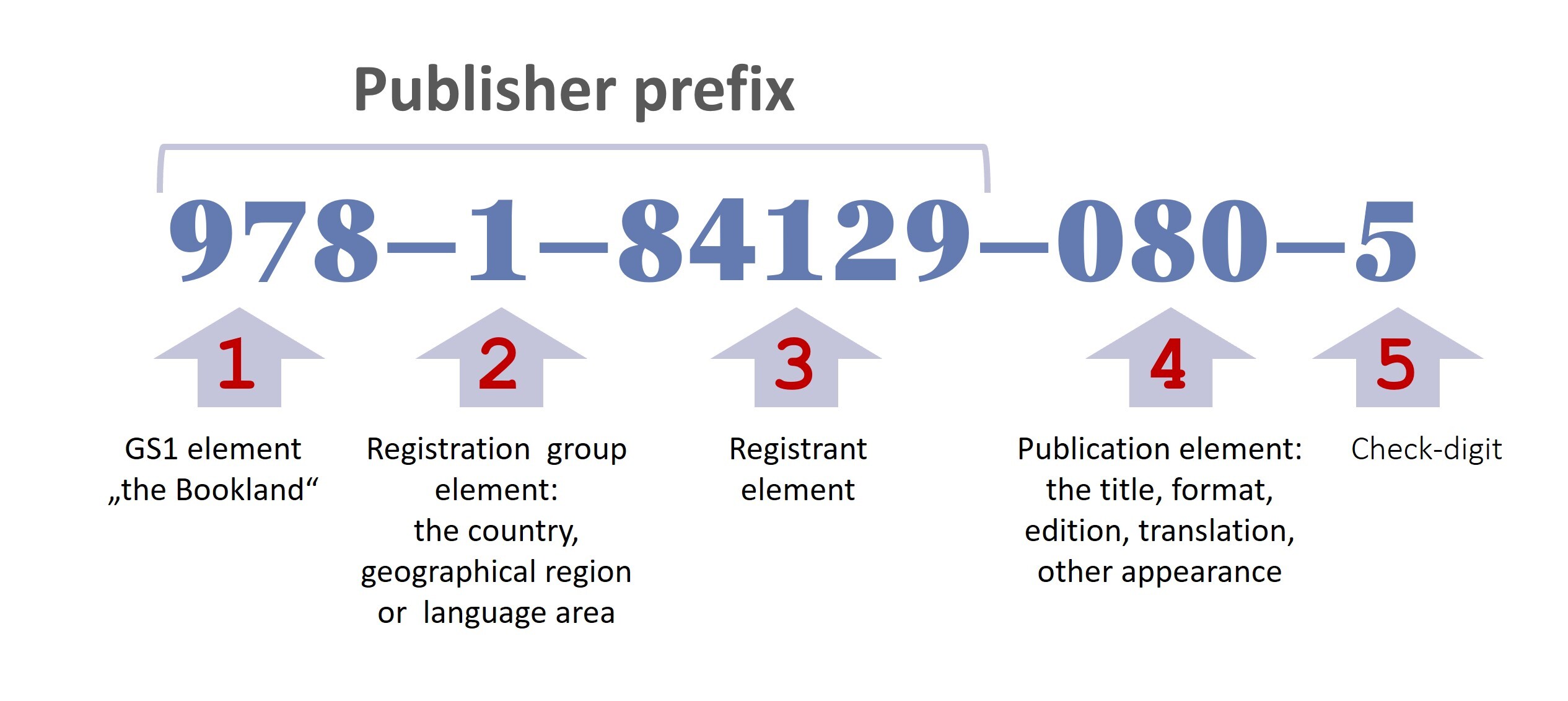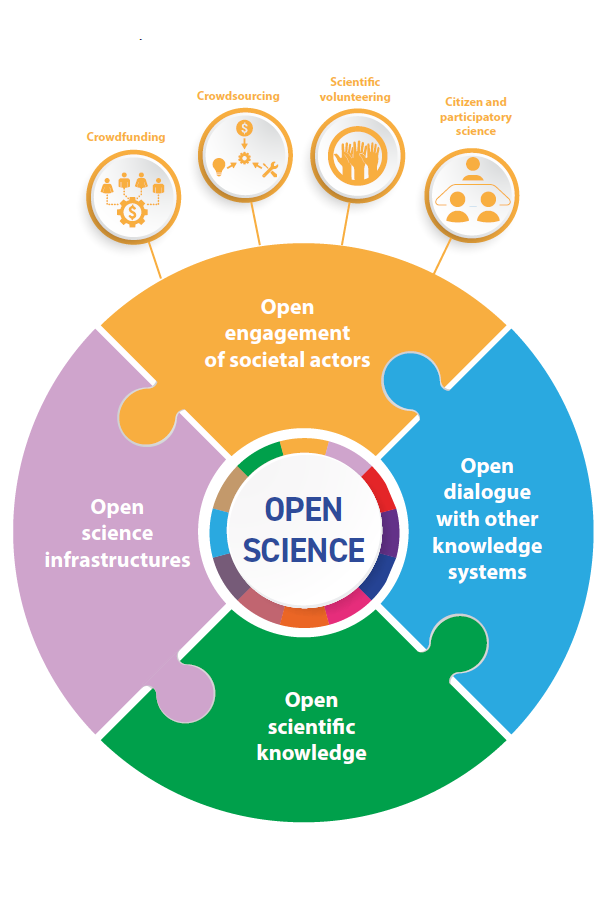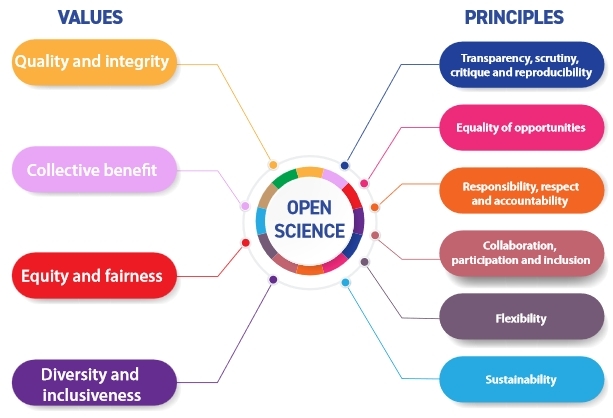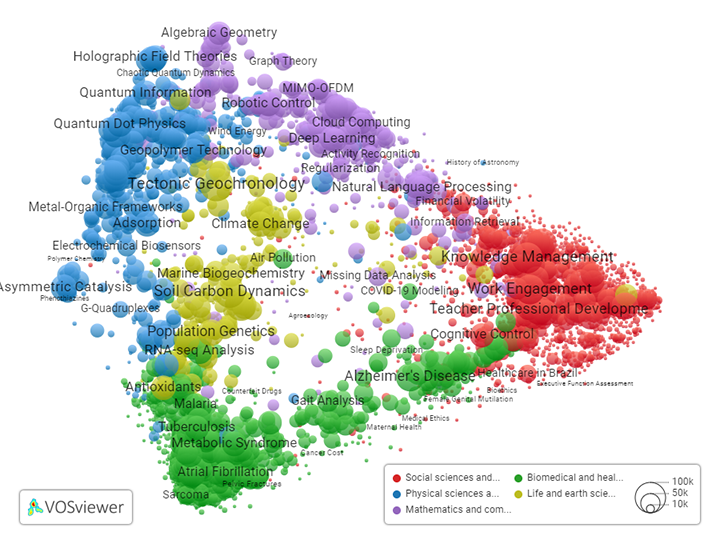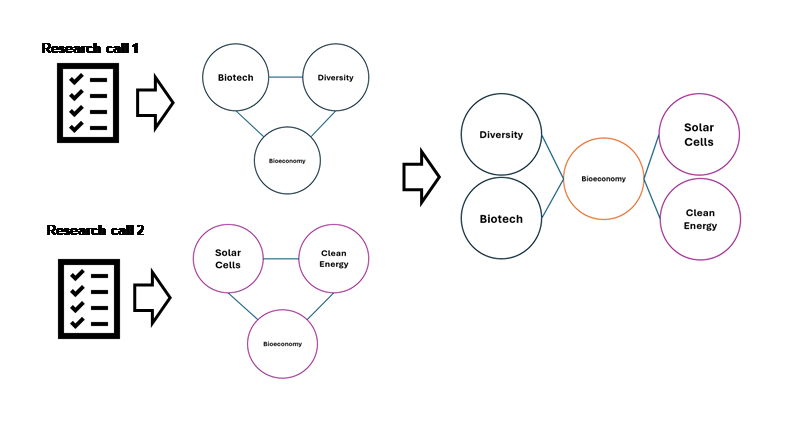
Imagine national science policy as a musical chair game. The contestants are the science system actors, such as researchers, research groups, universities, companies, among others. Some actors can have more expertise dancing at the rhythm of salsa than hip-hop, while others might be more agile in finding a seat when the music pauses. The government plays or pauses the music, modulates its speed or changes the genre.
